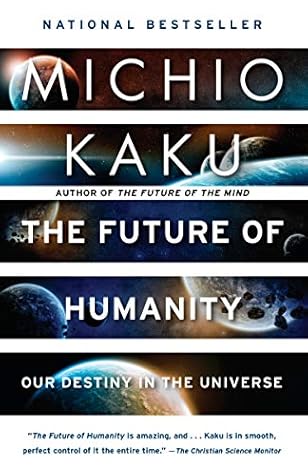The multiverse can also be viewed from the perspective of theology, where all religions fall into two categories: religions in which there was an instant of creation, and religions that are eternal.
The multiverse can also be viewed from the perspective of theology, where all religions fall into two categories: religions in which there was an instant of creation, and religions that are eternal. For example, the Judeo-Christian philosophy talks about a creation, a cosmic event when the universe was born. (Not surprisingly, the original calculations of the Big Bang were done by a Catholic priest and physicist, Georges Lemaître, who believed that Einstein’s theory was compatible with Genesis.) However, in Buddhism, there is no god at all. The universe is timeless, with no beginning or end. There is only Nirvana. These two philosophies seem totally in opposition to each other. Either the universe had a beginning or it didn’t. But a melding of these two diametrically opposed philosophies is possible if we adopt the multiverse concept. In string theory, our universe did in fact have a cataclysmic origin, the Big Bang. But we live in a multiverse of bubble universes. These bubble universes, in turn, are floating in a much larger arena, a ten-dimensional hyperspace, which had no beginning.


